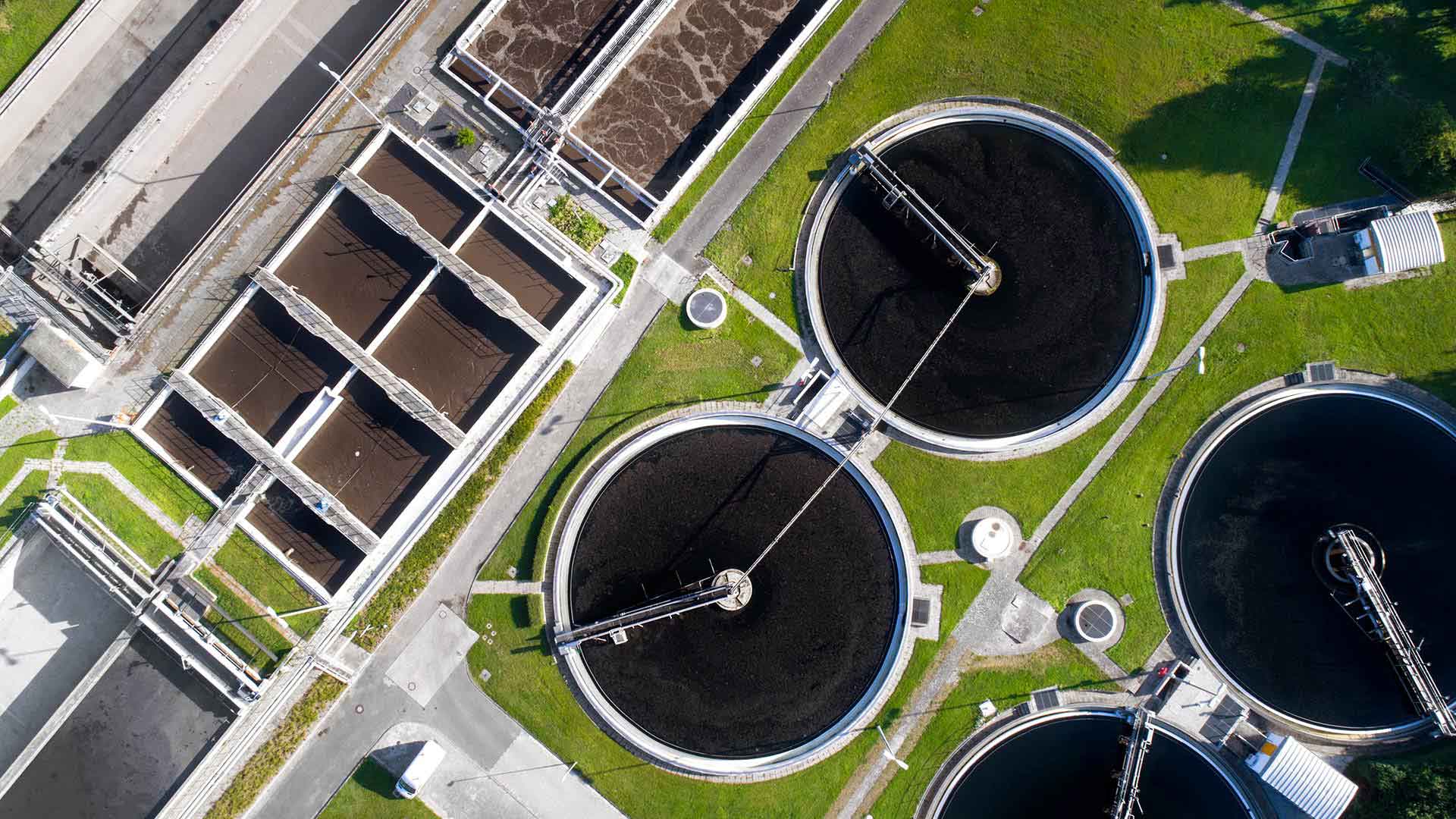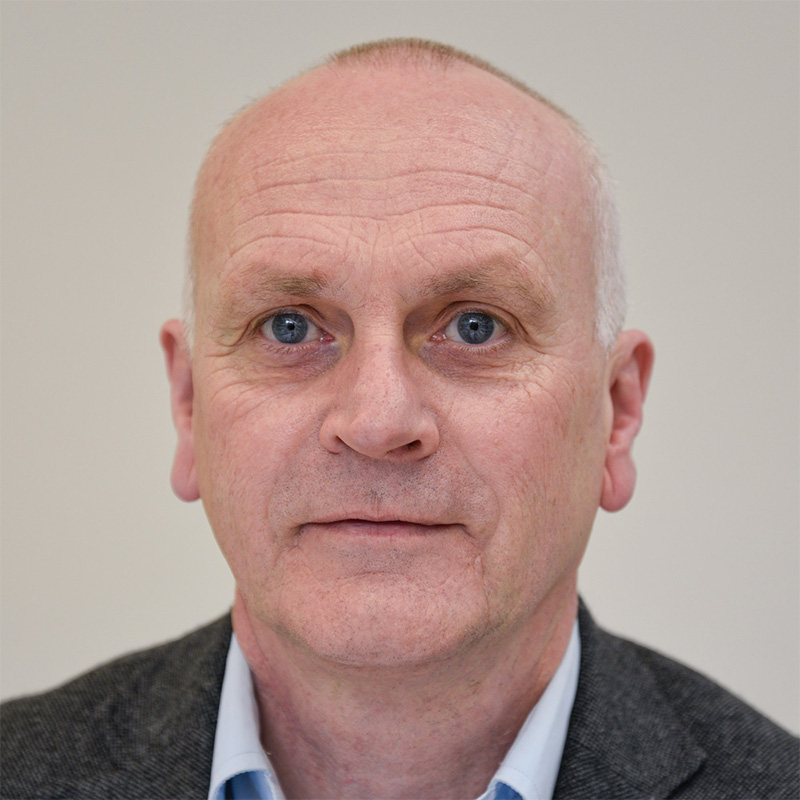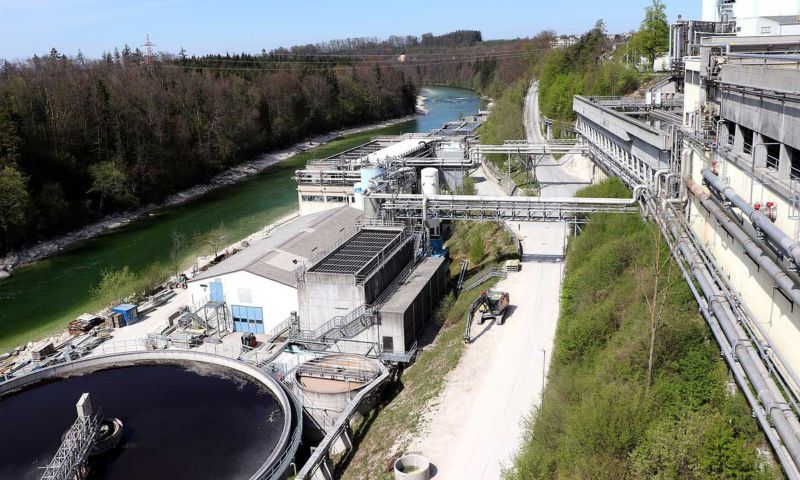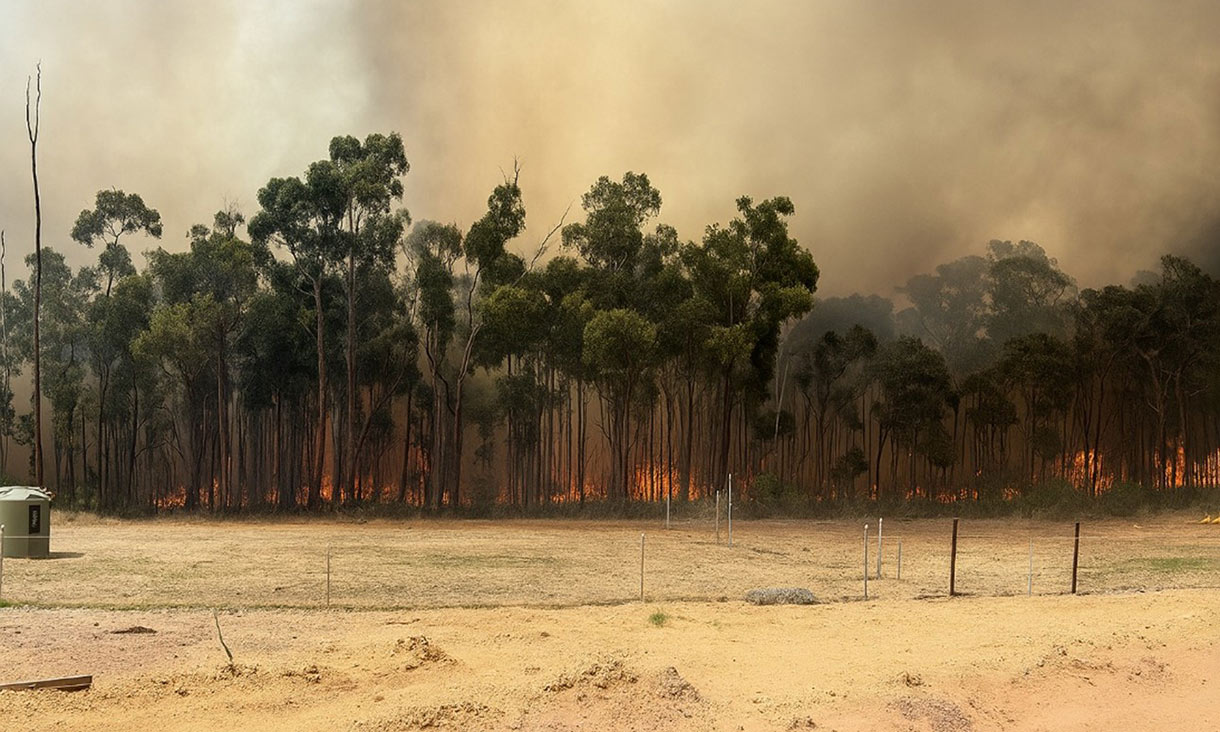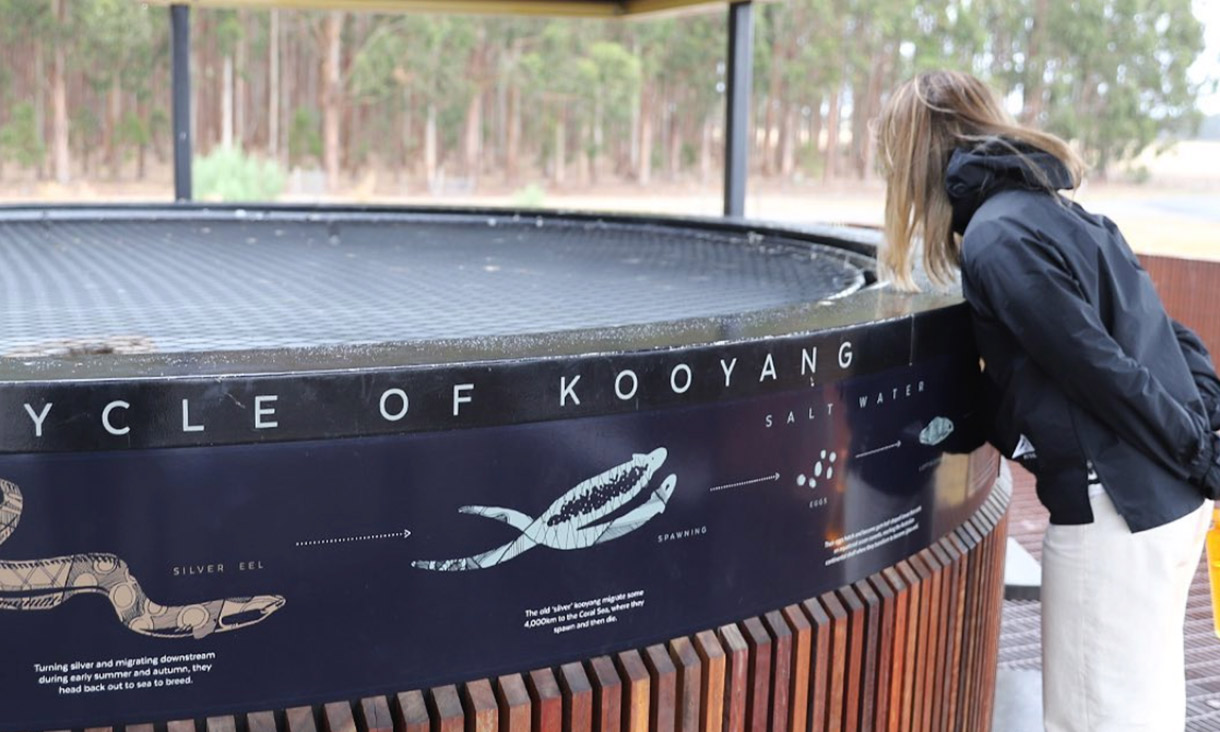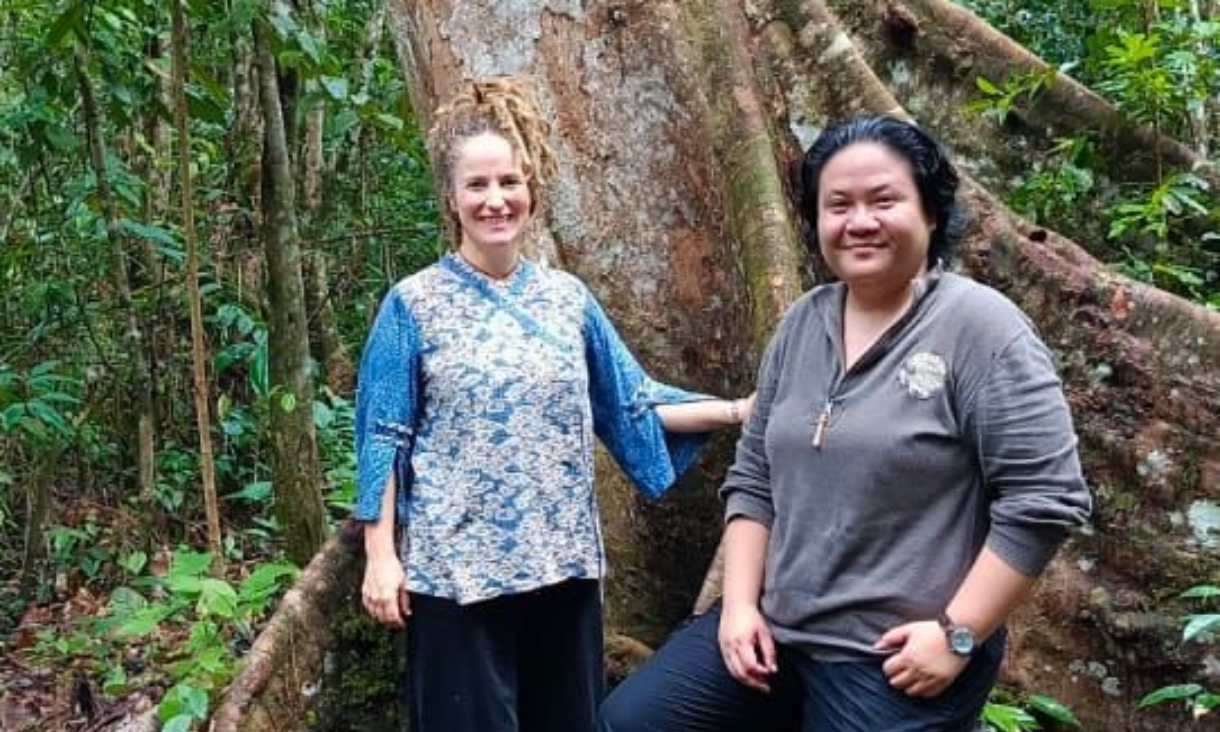Understanding evacuation travel behaviour to better protect communities from bushfires
RMIT researchers are helping to improve the way communities prepare for and respond to bushfires by revealing the complex travel behaviours of households during evacuation.
Embedding First Peoples' knowledge and culture within Australia’s built environments
RMIT University’s Yulendj Weelam Lab from the Architecture and Urban Design School are partnering with design professionals to create a reconciled future for Australia's built environments.
Restoring Indonesia’s peatlands to tackle climate change
Researchers partnered with Indonesian communities and government agencies to support long-term peatland restoration and climate resilience.
Improving local content prominence on smart TVs
RMIT University researchers examined the visibility of local content and services on smart TVs, amid the digital transformation of television and growing influence of global streaming services.
